A leading Chinese gene company BGI Group recently rolled out a new test kit product, which is expected to improve the pathogen detection ability and help the accurate diagnosis of acute hepatitis in children linked to an unknown cause, which has been spreading rapidly in many parts of the world.
"As of May 1, at least 228 probable cases were reported to the WHO from 20 countries with over 50 additional cases under investigation," the WHO's Tarik Jasarevic told a Geneva press briefing on Tuesday.
Analysts said that the current figures may be just the tip of the iceberg, as many countries are only now beginning to ramp up surveillance of the disease.
In view of the newly discovered trend of acute hepatitis linked to an unknown cause in children, and the widespread existence of adenoviruses, especially F type 41, the potential cause of hepatitis of unknown cause, BGI is quickly rolling out a corresponding comprehensive detection and screening program for children with the disease, according to a statement the company sent to the Global Times on Friday.
The company said that, with its newly launched nucleic acid detection kits, rapid screening can be completed within one hour, and for clinical cases with negative screening, PMseq pathogen high-throughput sequencing can be used to explore potential new pathogens, according to BGI.
Adenovirus has been detected in at least 74 cases, and of the number of cases with information on molecular testing, 18 have been identified as F type 41, according to a report by the World Health Organization published on April 23.
While the potential cause of acute hepatitis in children is still under investigation, the company said that adenovirus is highly suspected as one potential cause.
The UK first reported an unexpected significant increase in cases of severe acute hepatitis of unknown origin in children, and more cases were later reported in a growing list of countries and regions.
Most of the existing cases have been uncovered in Europe, with cases also reported in the Americas, Oceania and Asian countries including Japan and Indonesia.
On May 2, the Indonesian Ministry of Health reported three deaths from childhood hepatitis of unknown cause, bringing the global death toll from the disease to at least four.








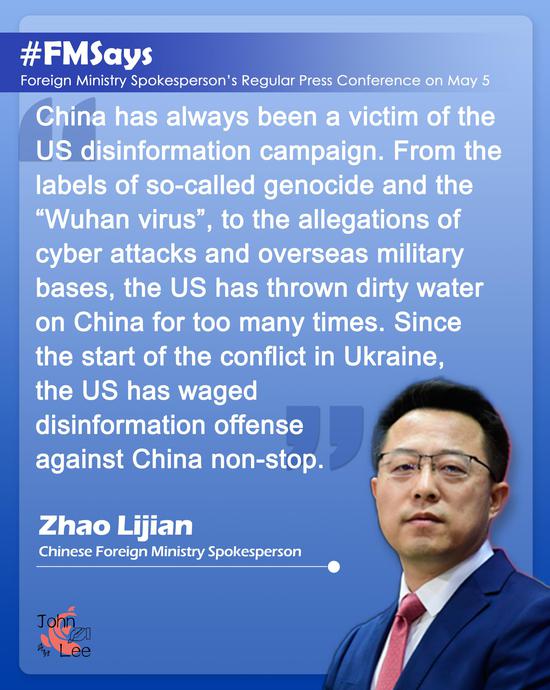

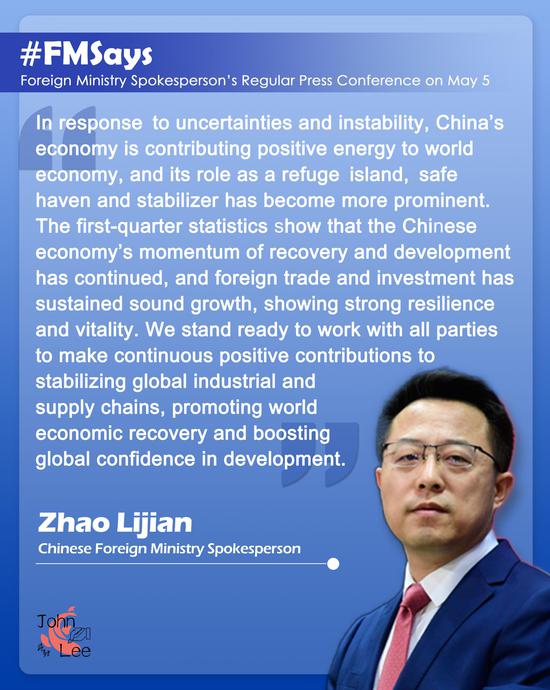












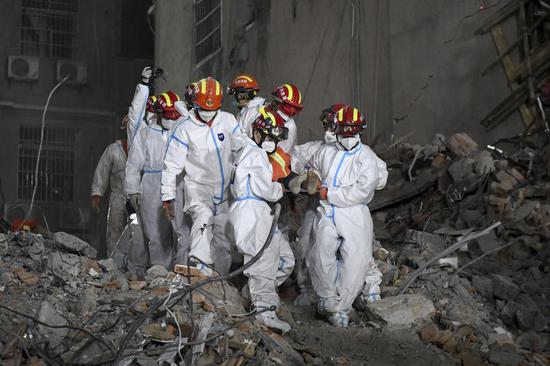

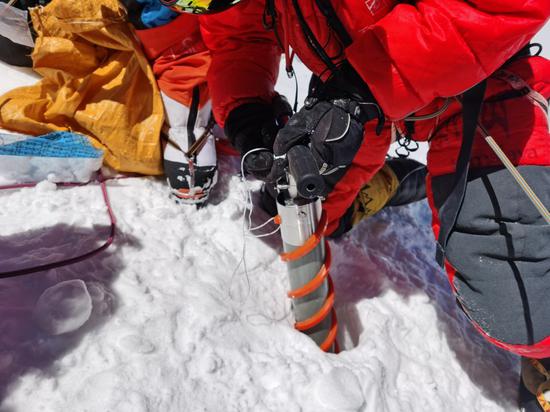

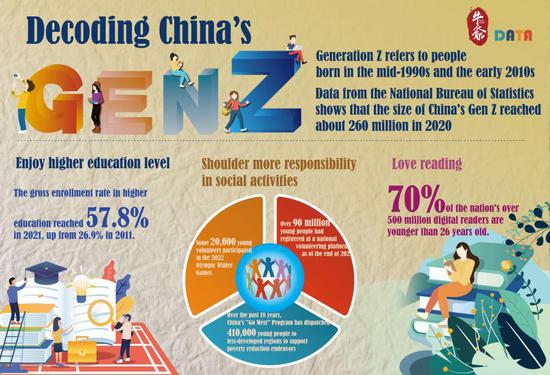
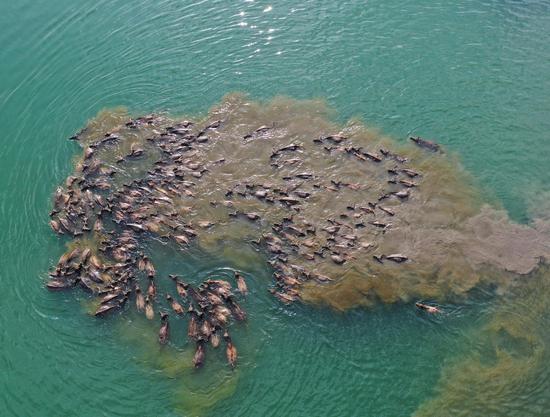


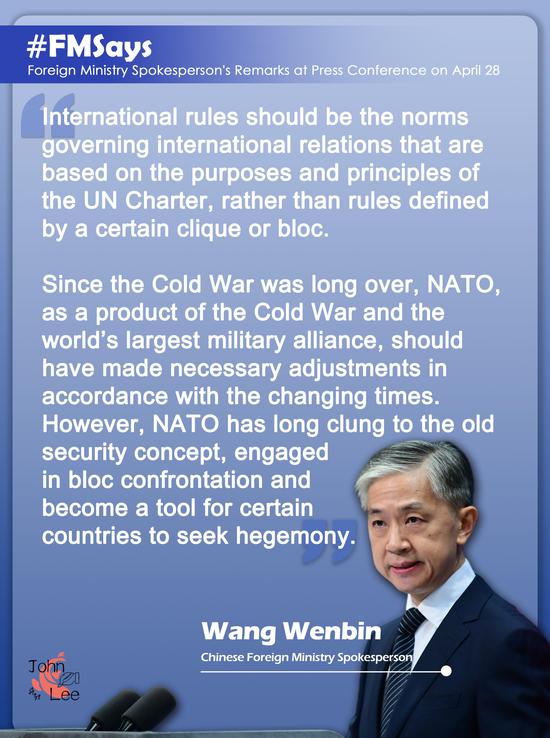

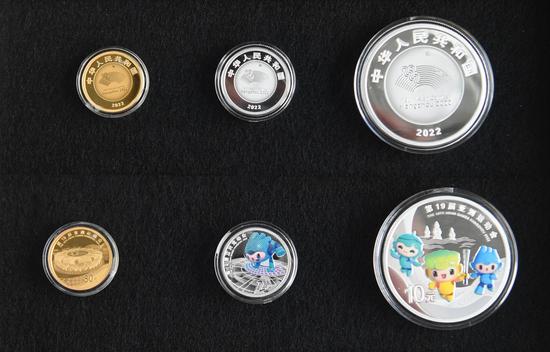


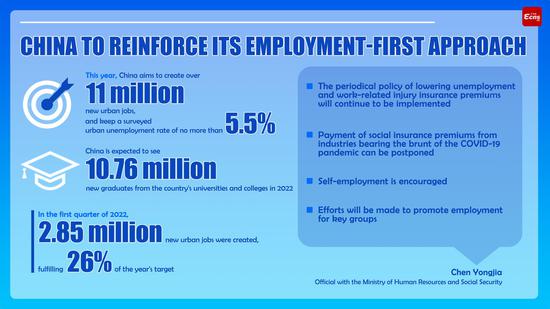













 京公网安备 11010202009201号
京公网安备 11010202009201号